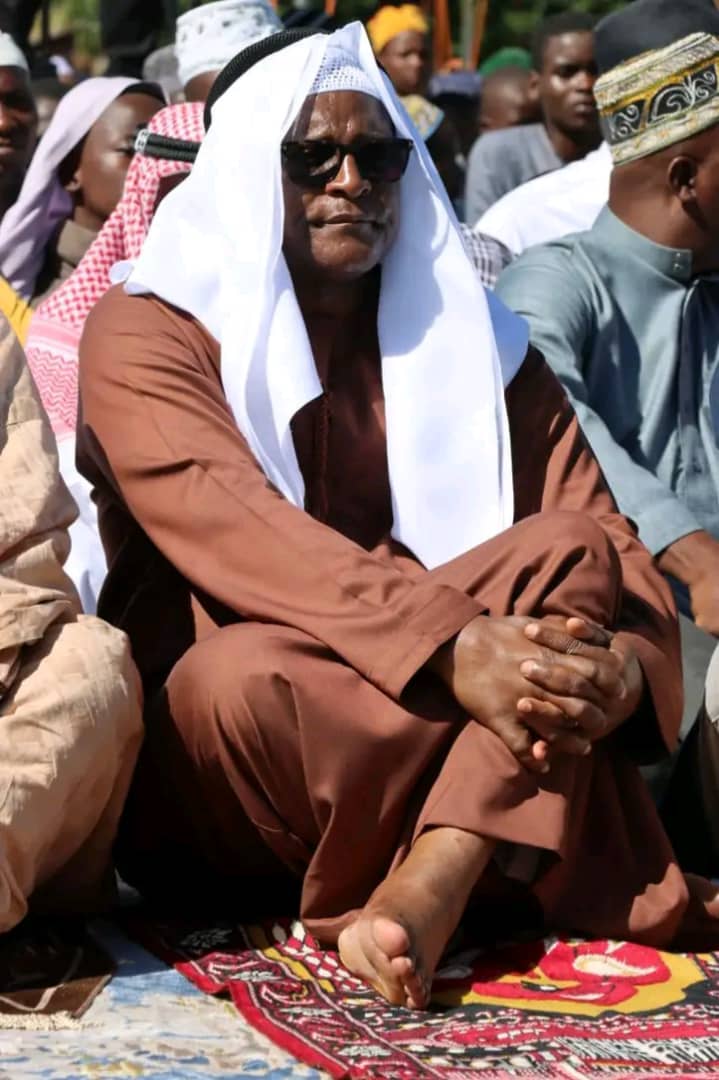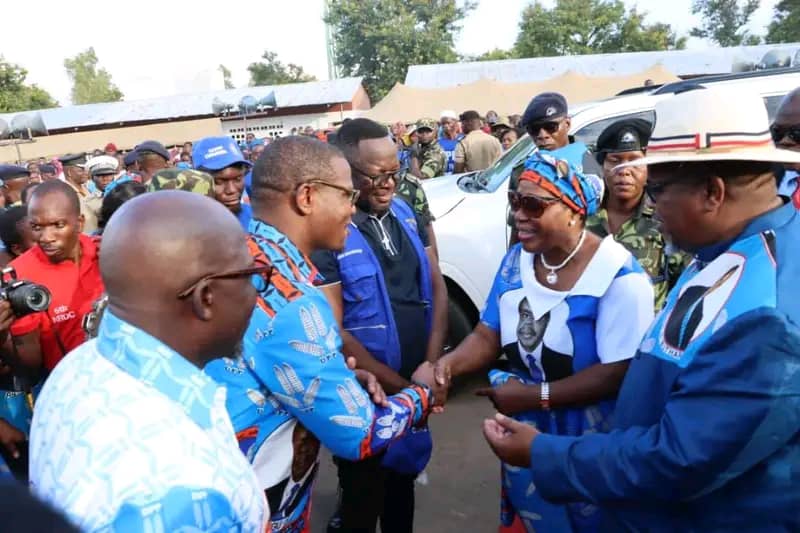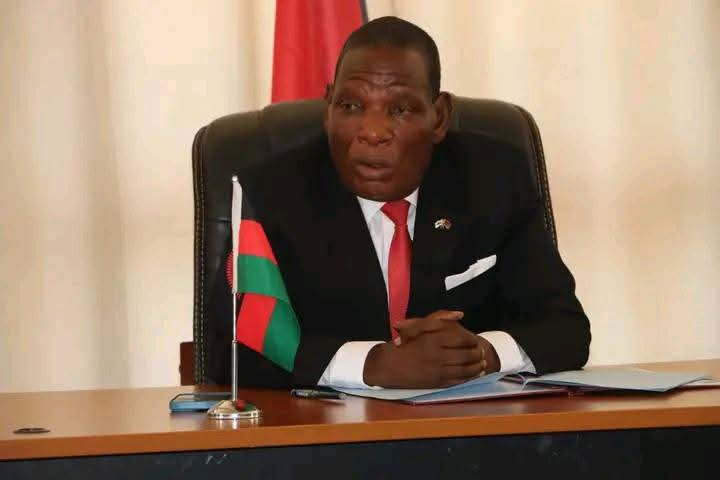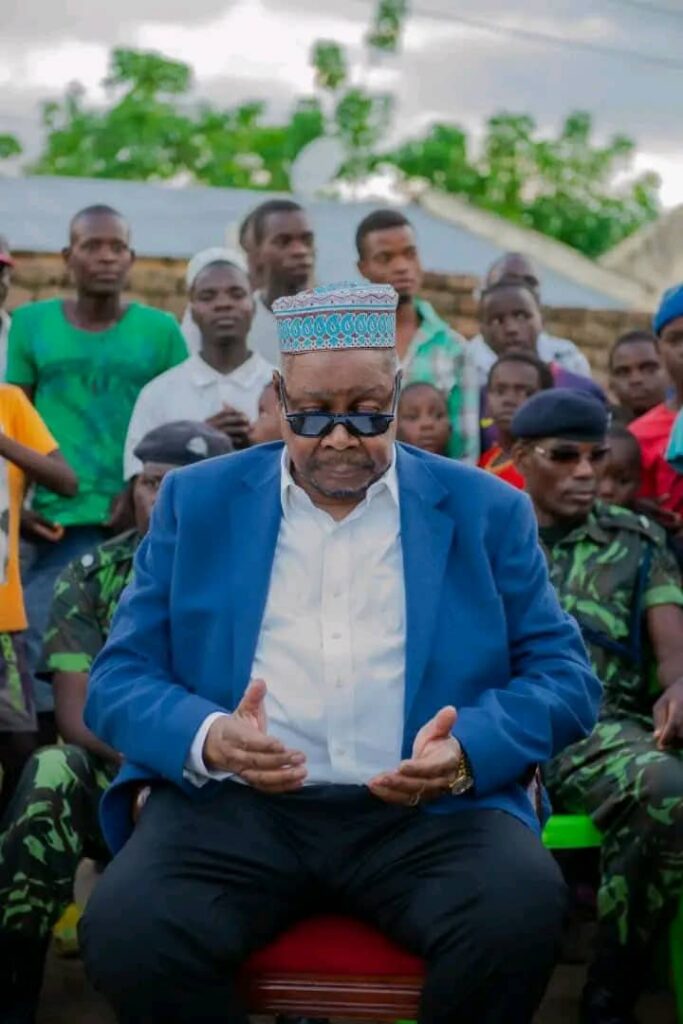
By Burnett Munthali
Religion and politics have long been intertwined in Malawi, shaping the country’s governance, social structures, and national identity.
The influence of religious institutions on political matters is evident in the way religious leaders often provide guidance and critique on governance issues.
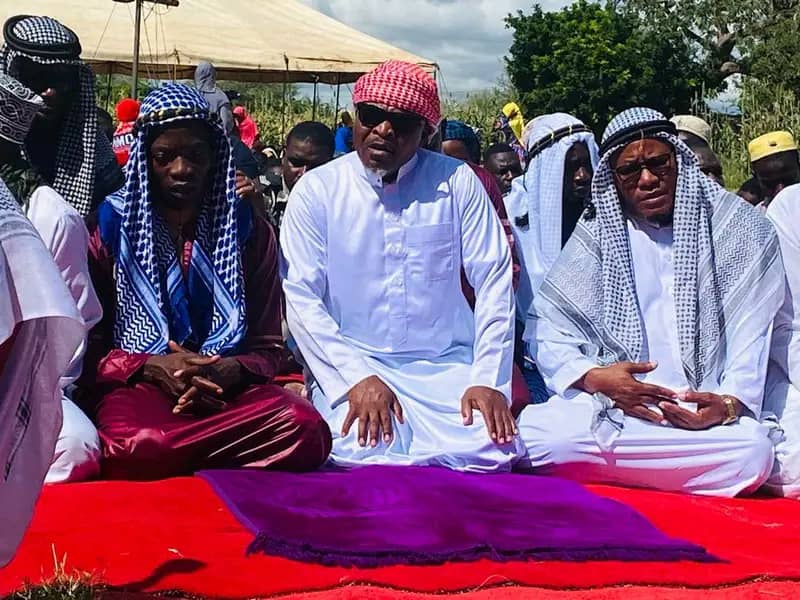
Throughout Malawi’s history, religious groups have played a crucial role in advocating for justice, peace, and social development.
Politicians frequently seek the support of religious communities to gain credibility and connect with the people on a moral and spiritual level.
The church, mosques, and other religious institutions serve as platforms for discussing key national issues, sometimes acting as mediators in political disputes.
During election periods, it is common to see political leaders attending religious gatherings to engage with congregants and seek blessings for their campaigns.
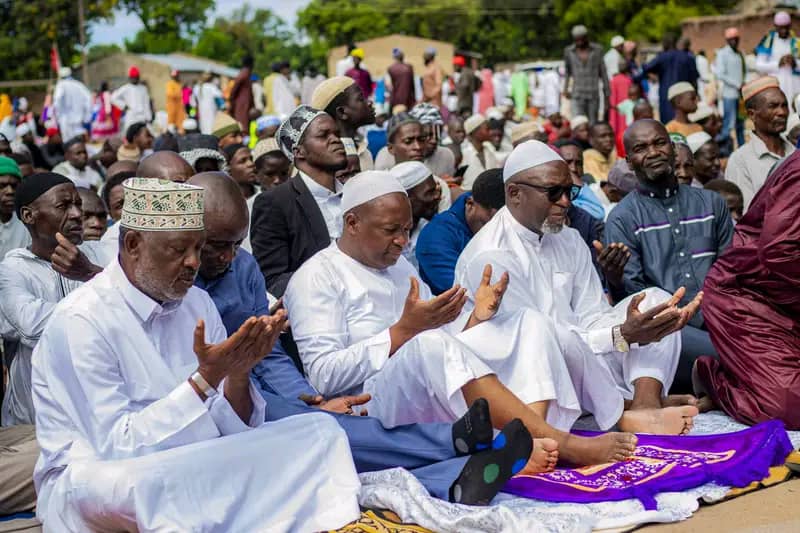
Religious leaders, in turn, have used their influence to call for ethical leadership, good governance, and the protection of human rights.
However, the intersection of religion and politics is not without controversy, as some critics argue that religious endorsements can lead to biased political decision-making.
Others contend that politicians sometimes exploit religious sentiments to gain public favor without genuinely addressing the socio-economic challenges facing the country.
Despite these concerns, religion remains a unifying force in Malawi, fostering national dialogue and encouraging leaders to be accountable to the people.
The moral authority that religious institutions hold has, in many instances, compelled the government to act on pressing issues affecting citizens.
As Malawi continues to develop democratically, the relationship between religion and politics will remain a key factor in shaping the nation’s progress.
The challenge moving forward is to ensure that this relationship fosters genuine national development rather than being used as a tool for political manipulation.
Finding a balance where religion contributes positively to governance while maintaining its independence from political agendas will be crucial for Malawi’s future.

